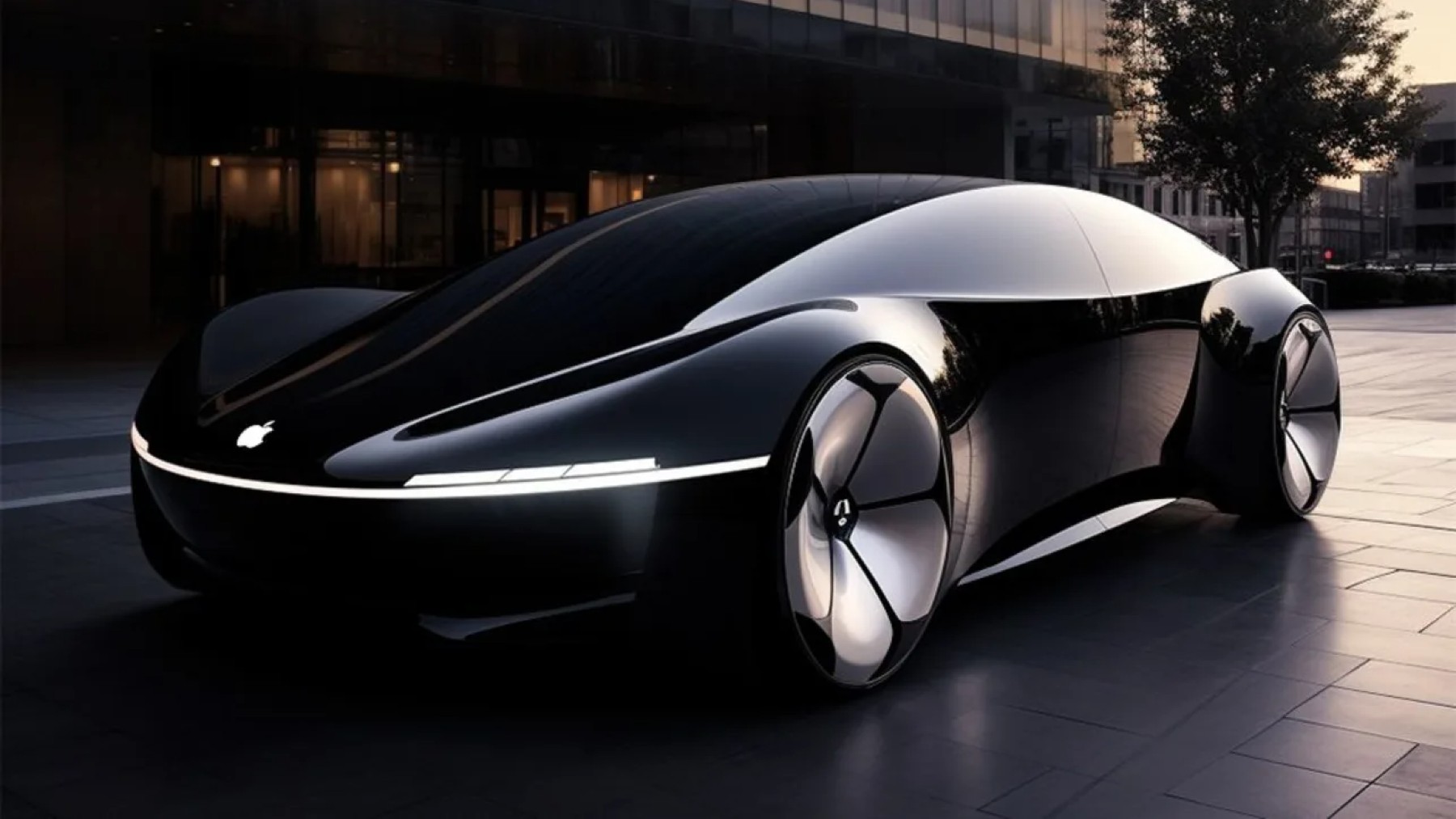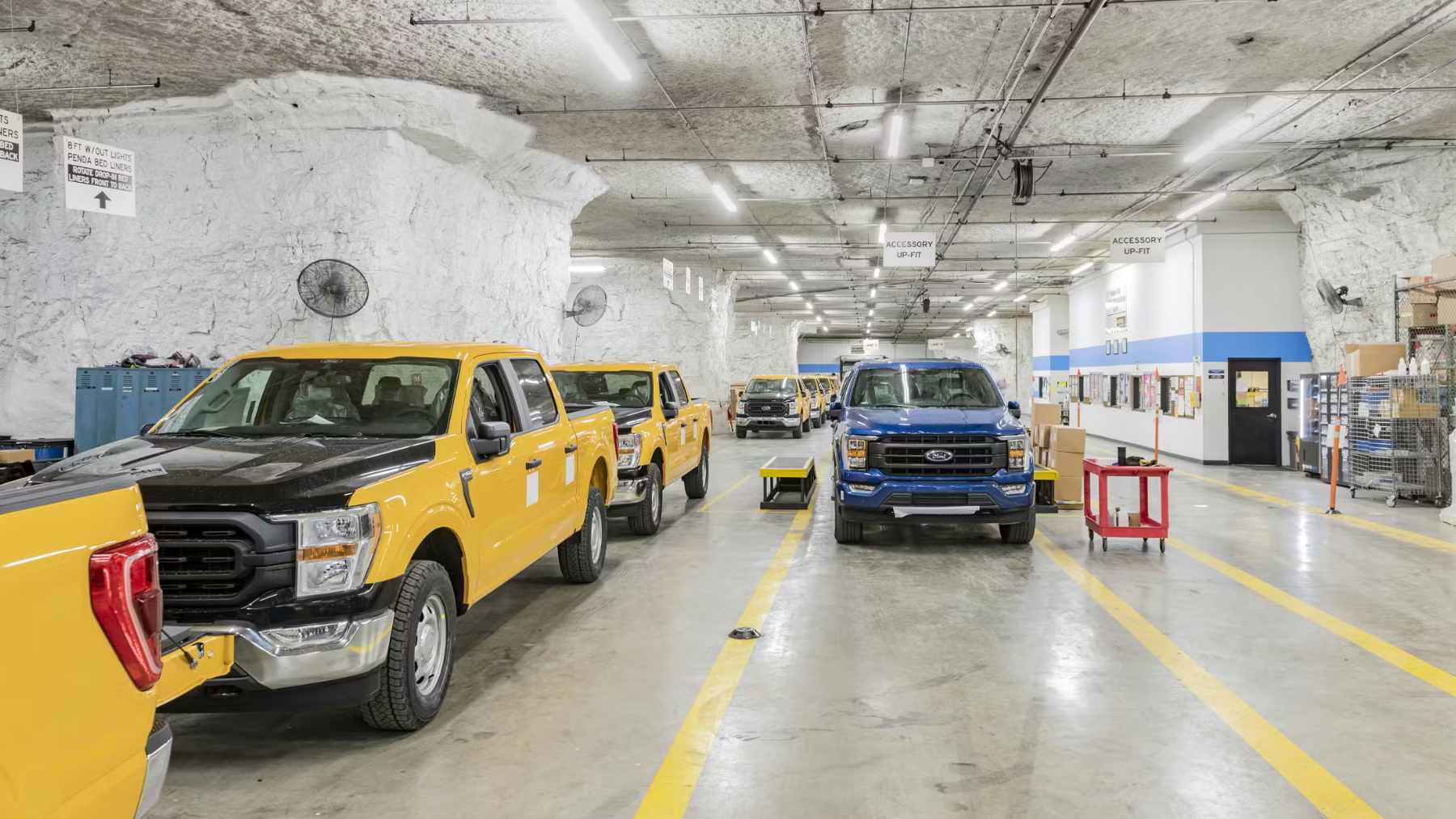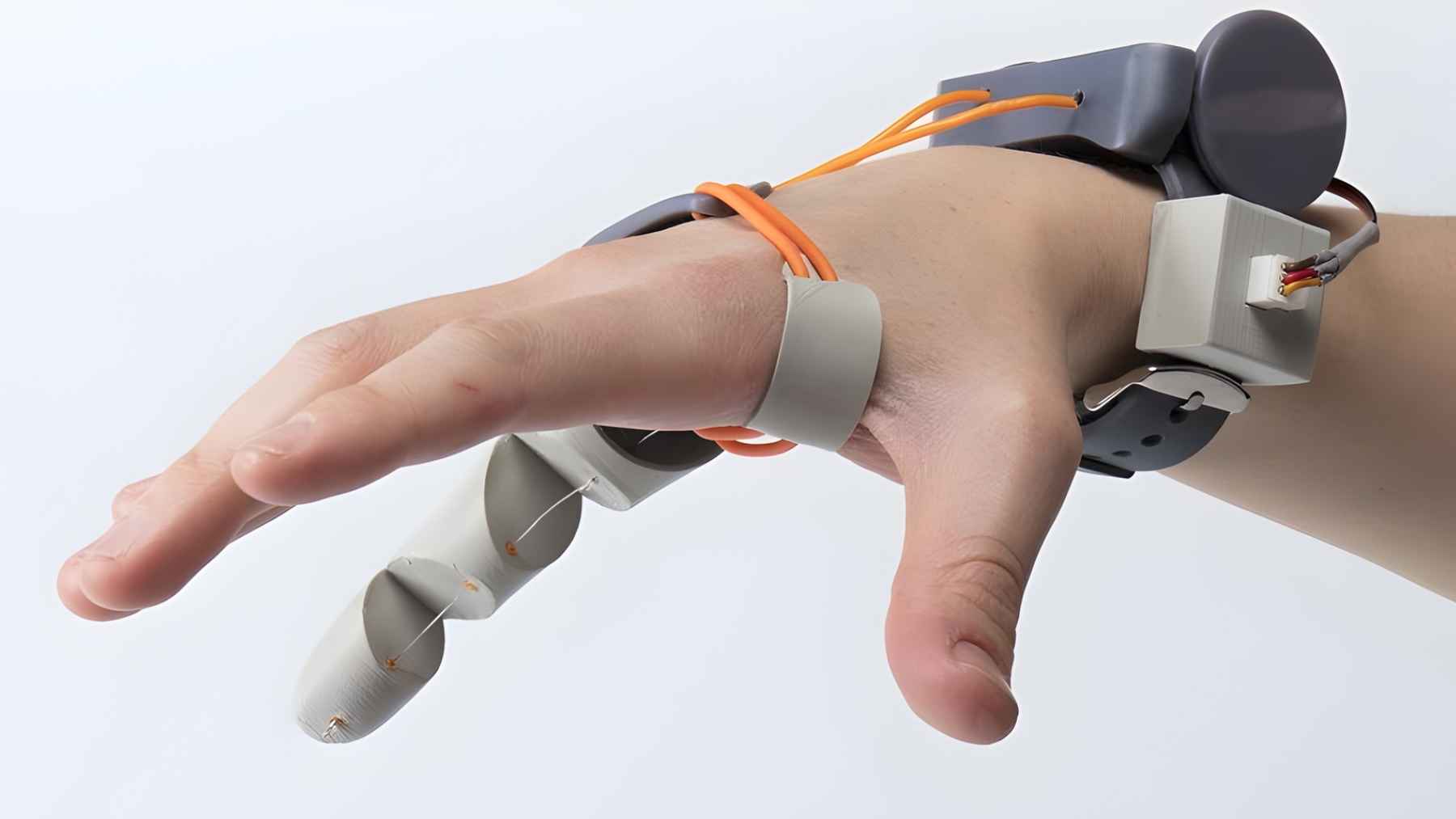While electric cars are becoming more and more popular among major automobile companies, Apple has thrown in the towel for their own electric venture. With a race against the clock to meet climate goals and to offshoot carbon emissions, finding sustainable engine solutions are becoming necessary. However, not all initiatives are proving to be a success as Apple has recently come to learn.
Electric vehicles: The cars of the future
Electric vehicles are increasingly seen as the cars of the future, offering a cleaner, more sustainable alternative to traditional gasoline-powered vehicles. Powered by electricity stored in rechargeable batteries, EVs produce zero tailpipe emissions, helping to reduce air pollution and combat climate change. With advancements in battery technology, electric cars are now capable of longer driving ranges, faster charging times, and improved performance, making them more practical and accessible for everyday use.
With the growing network of charging stations and government incentives for electric vehicles, buyers are further accelerating their adoption. As the world moves toward a greener future, electric vehicles are poised to play a central role in reshaping transportation and creating a more sustainable automotive industry. Tesla, a leader in electric vehicle production and the first to use modern-day lithium batteries in electric vehicles, continues to advance their technologies but other automobile companies like Toyota are becoming fast competitors in setting the stage for the future of electrical vehicle technologies.
Apple says goodbye to electric vehicles
Apple has decided to stick to electronic devices for now. Apple’s ambition to build an electric vehicle first emerged in 2014, following the recruitment of automotive engineers and other talent from established car manufacturers. Although details about Apple’s plans remained scarce, the company ran a program involving autonomous, Apple-owned cars equipped with sensors and safety drivers, which were seen driving around the San Francisco Bay Area.
In February, reports that Apple executives informed teams working on the company’s vehicle, internally known as Project Titan, that hundreds of employees from the car division would be reassigned to teams focused on artificial intelligence. Approximately 2,000 employees has been working on the project over the past decade. Part of the reason why Apple decided to end the endeavor was that the program never aligned with the company’s core focus on electronics and online services. Additionally, it raised concerns about where Apple would source the manufacturing for a vehicle.
Apple may have given up, but electric vehicles continue to advance
While Apple may have abandoned its plans to build an electric vehicle, the industry continues to thrive and evolve. Automakers like Tesla and Toyota are leading the way in the development of electric vehicles, with each company making significant strides in battery technology, performance, and infrastructure. Tesla remains at the forefront with its cutting-edge battery systems and an expanding network of superchargers and even dipping their toes into the hydrogen sphere.
Meanwhile, Volkswagen’s ID series and Ford’s electric F-150 Lightning show that traditional manufacturers are fully embracing the shift to electric mobility. With major investments in sustainable technology, improved range, and quicker charging times, these companies are driving the future of transportation forward, ensuring that the electric vehicle revolution is here to stay, even without Apple’s direct involvement. However, extensive collaboration is still needed with government in order to make widespread adoption of electric vehicles smoother and accessible.














